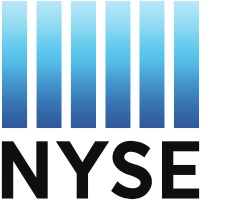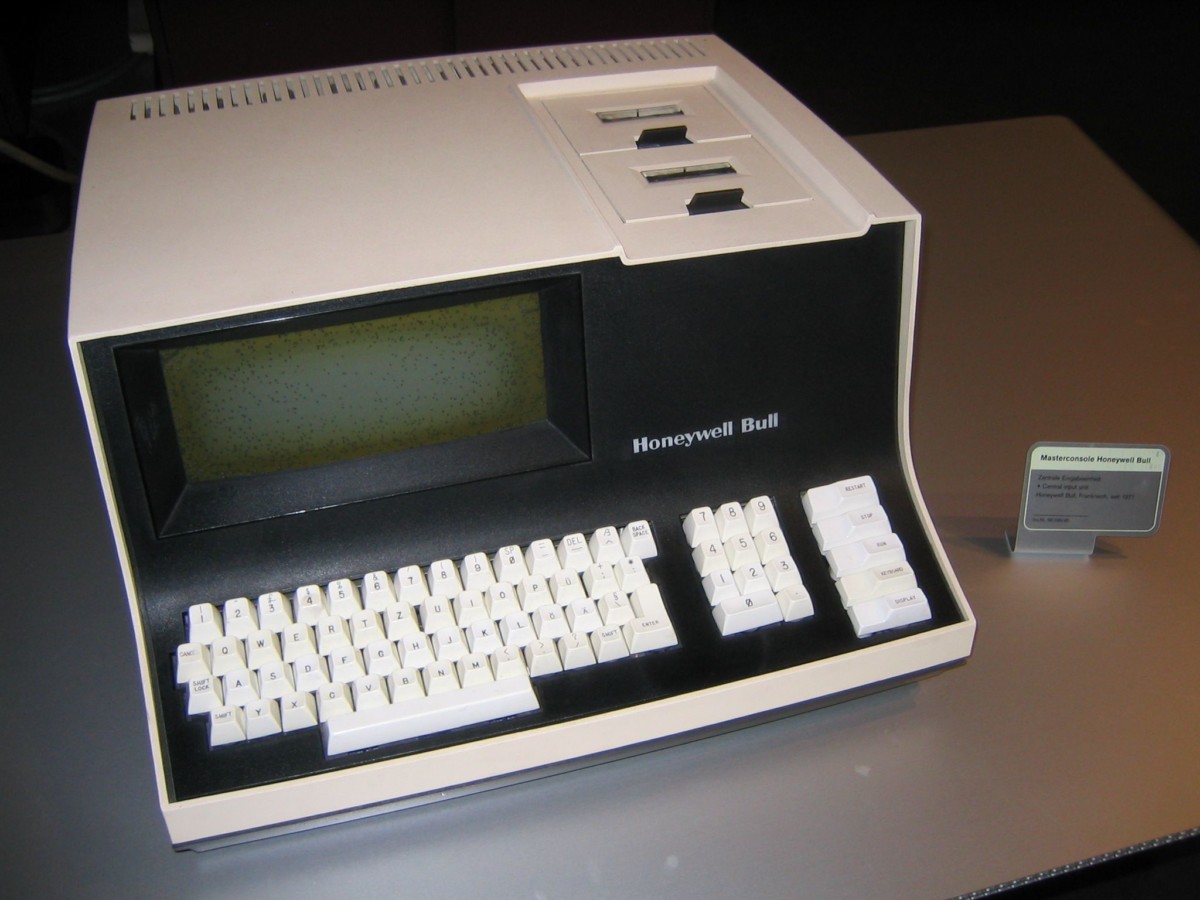
Barron’s & MarketWatch Available to the Goizueta Community!
The Goizueta Business School community was gifted access to Barron’s & MarketWatch: We are pleased to let you know that Goizueta Business School has a partnership with the Investing in Education program from Dow Jones. This valuable financial program, gifted by Benjamin M. Klein, Wealth Management Advisor, Managing Director of The Klein Wealth Management Group at Merrill, includes full access Read More …









